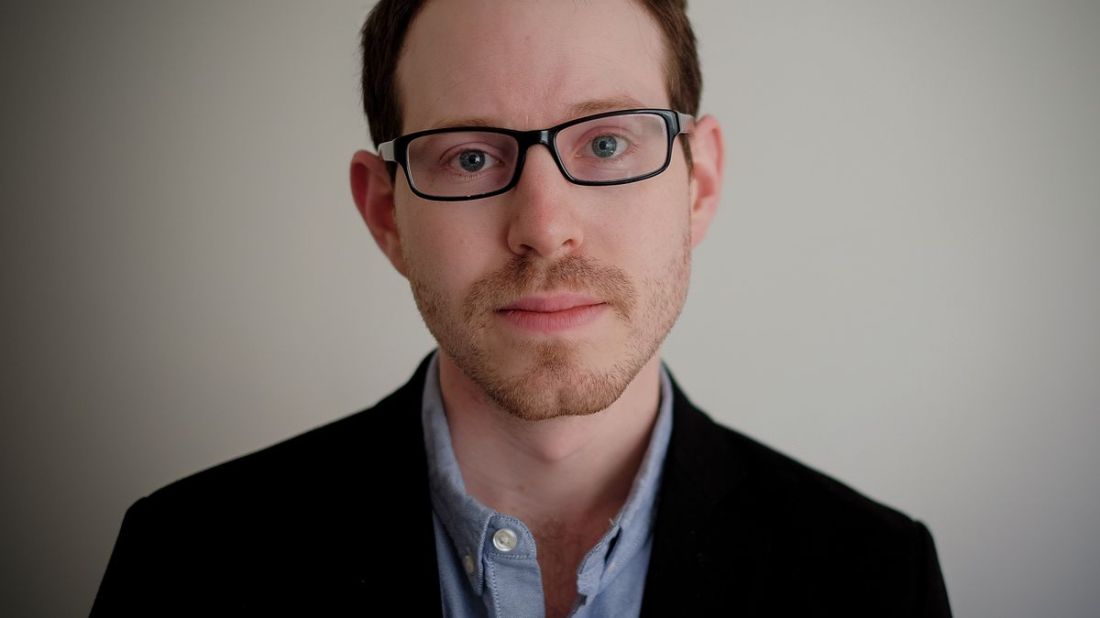Horror cinema has been around for decades, and with each era, there are horror pioneers who strive to both find new things to add to the genre as well as find a way to terrifies the masses. In the past, there have been such names as Toby Hooper, Wes Craven, and John Carpenter, but for the modern horror fans, there are a collection of new faces to keep an eye on; this series will focus on them, starting with today’s subject Ari Aster. Aster has made a name for himself these last two years with his films Hereditary and Midsommar, both of which have been well received by both the horror community and general critics. However, before he made either of these films he directed a series of surreal horror esque short films, these captured the raw talent of Aster as well as foreshadowed themes that would play out across his film catalog; or at least his works thus far. Said topics are what make Aster such an intriguing director, he deals with the idea of loss in both of his feature film offerings, in Hereditary it focuses on how a family would deal with that and in Midsommar it focuses on how a couple, but more of an individual, would deal with it. Aster approaches the issues and ideas about the loss of a close family member in an incredibly thoughtful and personal way, which thereby makes the film more relatable and its characters more real; to us the audience.
Furthermore, Aster’s films are known to have a frantic, (for lack of a better word), third act, with Hereditary, seeing the coven finally realised on screen, and Midsommar having the conclusion of the summer festival. Leading some to level the criticism that Aster’s films are slow even to the point of being boring and then have everything happen in the final 20 minutes; this is ludicrous. The reason that complaint is invalid is that Aster has proven himself to be, like many of the other coming entries in this series, a director who delights in foreshadowing and hinting at things to come, letting people talk about and guess at his work, rather than making it obvious. Which I believe makes his horror films all the more enjoyable as they lend themselves to rewatches and debates, making you think about them long after the credits roll. To this end, Aster focuses a lot of the run time of his films to setting an atmosphere and tone, usually sowing in glimpses of things that will turn out to be important later, this I believe is fundamentally important. The best horror films priorities tension and an oppressive atmosphere over the need to shove in cheap jump scares. Aster’s films lack jump scares, for the most part, almost presenting themselves as horror art films that are above a mere jump scare, and this is why I believe people mistakenly say these films are boring; because people have become accustomed to jump scares over the last few years as the market has become overly saturated with them. Aster’s film are in many ways a return to horror films of old before the jump scare craze of current times, and I think that’s what makes his movies so special and unique, creative shooting, the dollhouse transitions in Hereditary, hammer home this idea of classic horror, with a new twist. While some may claim pretentiousness, I say this man and his creative vision have produced two of the best horror films of the last decade, and he is more than deserving of being a Master of Horror.
-
Subscribe
Subscribed
Already have a WordPress.com account? Log in now.
